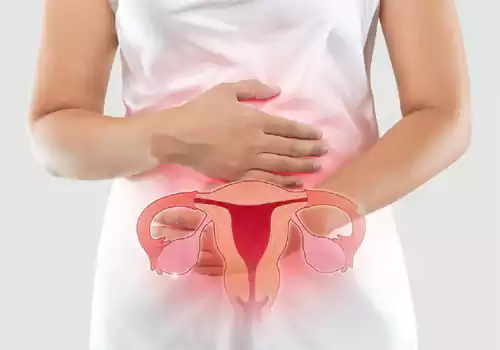How much of Iron should you take in Pregnancy?
.png)
The practice of getting your hemoglobin levels checked is a regular feature when you are pregnant. Your Gynecologist tests your blood for anemia at your first prenatal appointment. One of these tests (hematocrit) measures the percentage of red blood cells in your plasma. The other (hemoglobin) measures the number of grams of hemoglobin in your blood.
If your test indicates that you have iron-deficiency anemia, your Gynecologist will prescribe an iron supplement. The dose will depend on the severity of your anemia, but it's likely to be 60 to 120 mg or more of elemental iron daily, in addition to the iron in your prenatal supplement. Follow your practitioner's instructions – never take more iron than prescribed.
Note that these doses refer to the amount of elemental iron, or pure iron, in a supplement. Some labels list the amount of ferrous sulfate (a kind of iron salt) instead of or in addition to the amount of elemental iron. A supplement that contains 325 mg of ferrous sulfate, the most commonly used iron supplement, will give you about 60 mg of elemental iron. Others use ferrous gluconate, 300 mg of which yields about 34 mg of elemental iron, or ferrous fumarate, which contains about 106 mg of elemental iron in a 325 mg tablet.
In order to absorb as much of the iron as possible, it's best to take your iron pills on an empty stomach. After that have water or orange juice (the vitamin C helps with absorption), but not with milk (calcium interferes with absorption). Coffee and tea should be avoided completely as this also stalls the absorption..
Within a week or so after starting treatment, you should be producing a lot of new red blood cells and your hemoglobin level will begin to rise. It usually takes just a couple of months for the anemia to resolve, but your Gynecologist will likely advise you to continue taking iron supplements for several more months so you can replenish your iron stores and you could get a break after you have your baby.




